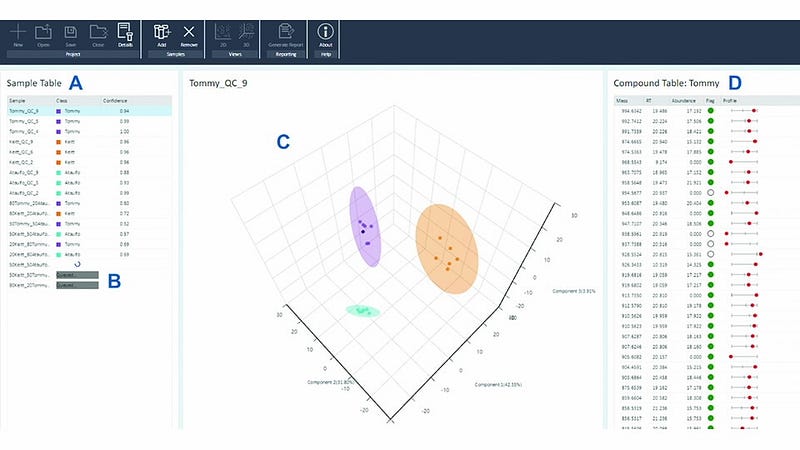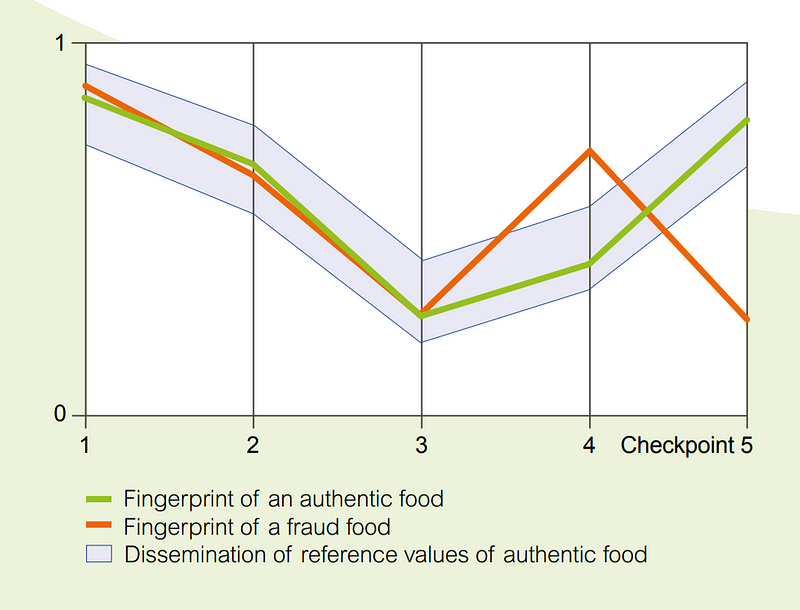Unmasking Food Fraud: The Truth Behind Your Olive Oil
Written on
Understanding Food Fraud
No one enjoys being deceived, especially when it concerns their health and nutrition. Food fraud is a serious offense; it involves mislabeling ingredients or selling products that don’t match their descriptions. This not only cheats consumers out of their money but can also pose significant health risks.

What Constitutes Food Fraud?
Food fraud occurs when sellers intentionally mislead consumers regarding their products. This can involve:
- Misrepresenting the origin of a product.
- Mixing lower-quality ingredients into higher-quality ones while charging premium prices.
- Failing to disclose all ingredients accurately on labels.
High-end products, such as extra virgin olive oil and organic foods, are particularly vulnerable to fraud because of the significant price differences between various grades. The allure of profit motivates individuals to engage in such deceptive practices, especially during times of scarcity, like crop failures seen in the Mediterranean.
Research indicates that products such as honey, maple syrup, oils, milk, coffee, tea, herbs, and wine are at heightened risk for fraud. For instance, a study in Germany revealed that nearly 23% of tested olive oils were found to be diluted with cheaper vegetable oils.
In the first video, "Purdue Expert: Food Fraud," experts delve into the implications of food fraud and provide insights into its prevalence and effects on consumers.
Authenticity Testing: A Necessary Challenge
The challenge of verifying food authenticity can be quite complex. In essence, food safety testing is divided into two categories: detecting known substances, such as approved pesticides, and identifying unknowns.
Testing for known substances is relatively straightforward, as the focus is on ensuring pesticide residues are within safe limits for human consumption. However, authenticity testing requires a more nuanced approach. For example, distinguishing whether olive oil originates from a specific region involves identifying unique characteristics that are consistently present in olives from that area.
Finding that unique characteristic—essentially a fingerprint—can be a detailed process involving numerous measurements from different olive samples. Once identified, this fingerprint allows for tracking the product back to its source, making food fraud increasingly difficult.

What Measures Are in Place to Combat Food Fraud?
Operations like Opson, coordinated by Interpol and Europol, involve collaboration among police, national food regulatory bodies, and private sector partners across 77 countries to combat food fraud. This annual initiative has led to the discovery of over 12,000 tonnes of illegal and potentially dangerous products.
In one notable case, authorities in Jordan seized 6,500 liters of expired beverages and over 7 tonnes of spoiled milk. In Bulgaria, unregistered warehouses were found containing cheese that tested positive for E. coli. This year, the focus of the operation included extra virgin olive oil that had been adulterated with inferior oils.
Catherine De Bolle, Europol’s Executive Director, emphasizes the importance of protecting consumers and businesses from food fraud.
FoodAuthent, a research initiative in Germany, aims to establish fingerprinting databases and incorporate fingerprint analysis into routine food safety checks.

The Role of Research and Communication
Combating food fraud relies heavily on research and communication. By sharing data and establishing networks among laboratories, the goal is to develop unique fingerprints for food products, thereby making food fraud more challenging.
What Can Consumers Do?
Unfortunately, as a consumer, it’s often difficult to detect food fraud unless you know your producer or are an expert in specific products. The silver lining is that most food fraud cases do not pose a significant health risk. While there have been instances of serious contamination, many cases involve mislabeling or lower-quality products.
To minimize exposure to food fraud, consider buying local, choosing less processed foods, and preparing meals at home.

For reliable, research-based nutritional information, consider exploring my publications, following my work, or supporting my efforts.